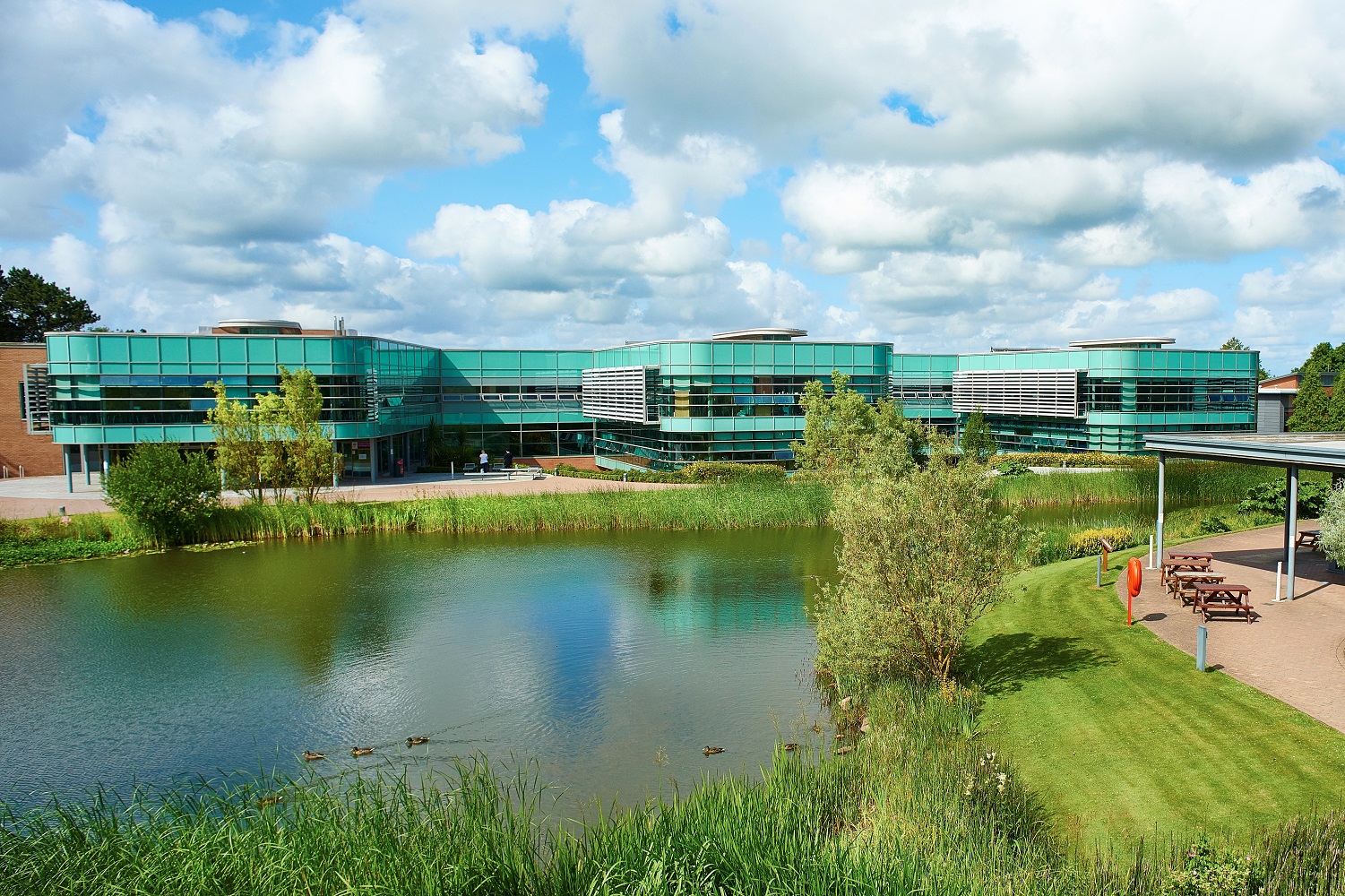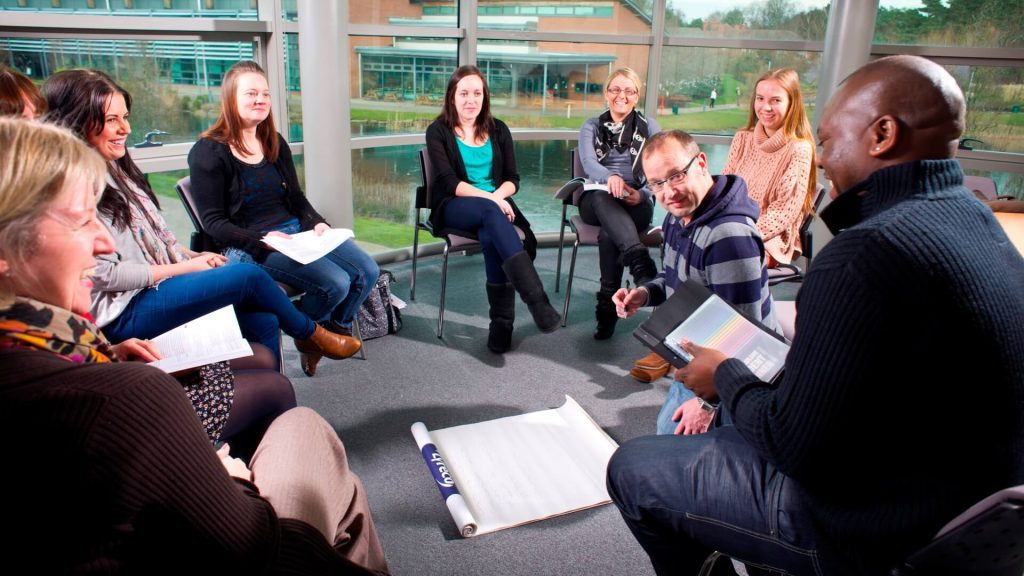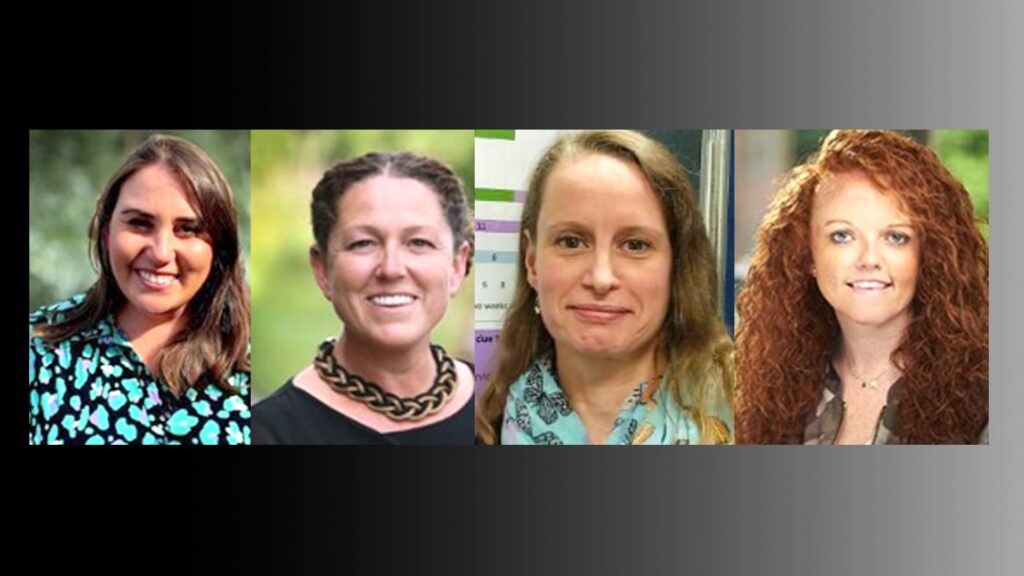Integrated Health and Social Care BSc (Hons)
UCAS code: L510
Develop the skills and understanding to promote and improve the health and social care of communities and populations. Combine theory with applied practical skill development as you prepare for roles in integrated health and social care settings.
Overview
| Course length: | 3 years full-time 5 years part-time |
|---|---|
| Start dates: | September 2025 |
| Location: | Edge Hill University |
| Example offers: | BCC-BBC (A Level) or DMM (BTEC) View full entry criteria |
| Subject(s): | Health and Social Care |
| Faculty: | Health, Social Care and Medicine |
| Department: | Allied Health, Social Work and Wellbeing |

Creating healthier populations begins with communities. The need to prevent illness and promote health is a central ambition in public policy in the UK and beyond, especially in the aftermath of a global pandemic.
This integrated health and social care degree, developed with local authority partners, focuses on knowledge and practice in tackling health inequalities and preventing ill health at the level of populations and communities, and within emerging integrated health and social care systems. You’ll study at a university that is in the top 5 in the UK (Complete University Guide 2025 – Health Studies).
Combining theoretical understanding with practical skills development and placements, you will develop a critical awareness of the psychological, sociological, political and community influences on health and wellbeing, and the methods that can be employed in practice to affect change.
A focus on community development, health promotion and health education practice, will enable you to develop skills to work independently and collaboratively in community and integrated care settings and you will graduate fully prepared for professional roles within health, community, public health, social care and leadership contexts. This degree can also provide a route to further study in academic or practice postgraduate routes.
Course features
-
Sandwich year option available
-
Professional practice placements
-
International students can apply
What you'll study
Year 1 introduces you to theory and practice in community health and social care. You will explore a range of topics including psychological, sociological, life course and community development principles as you build analytical perspectives of health and social care. Effective communication skills, key academic and employment skills will also be developed.
Study advances in Year 2 as you are introduced to a range of public health and population approaches focused on integrated health and social care. You will learn about the specific health and social care needs of populations with mental health conditions and the needs of older people. You’ll also work on a community profile, undertake a professional practice placement, and develop approaches to health promotion. You will also advance your research skills to prepare you for a dissertation in Year 3.
The dissertation will be your main focus in Year 3. This will require you to undertake your own research project, significantly enhancing your understanding and analytical skills in supporting population health. You will also also critically explore practical aspects of working in health and social care, and focus on leadership, innovation and enterprise and global issues in health and social care.
Where your course includes optional modules, these are to provide an element of choice within the course curriculum. The availability of optional modules may vary from year to year and will be subject to minimum student numbers being achieved. This means that the availability of specific optional modules cannot be guaranteed. Optional module selection may also be affected by timetabling requirements. Some restrictions on optional module choice or combinations of optional modules may apply.
How you'll study
This degree will be delivered through a combination of lectures, tutorials, group seminars, and practice placements.
This is a campus-based programme, the timetabled content usually takes place over a minimum of three days, or as required when on placement.
You will also be offered additional 1-1 tutorials and personal tutor support. Your learning will be supported by the Virtual Learning Environment (VLE) which contains reading lists and lecture content, along with online group forums.
How you'll be assessed
Assessment includes essays, seminar presentations, practice-based assessment, portfolios, community profiling, online activities, posters and a third-year dissertation on a topic of your choice. Before these assessments take place, you will be given guidance and have the opportunity for your work to be reviewed.
Who will be teaching you
The academic team involved in the delivery of this degree are experienced and talented professionals and researchers across the fields of public health, psychology, sociology, and leadership. All academics are experienced lecturers, with most engaged in active research projects. The programme will also draw on the wider departmental staffing, which includes nurses, social workers, psychologists, accredited therapists, and counsellors, as well as arts and music-based therapists, amongst others. The team will also utilize high quality guest speakers where appropriate to support the delivery of key content. The team also liaise closely with practice partners and employers in ensuring the curriculum remains sector relevant.
Entry criteria
Entry requirements
104-112 UCAS Tariff points.
Example offers
| Qualification | Requirement |
|---|---|
| A Level | BCC-BBC. |
| BTEC Extended Diploma (or combination of BTEC QCF qualifications) | Distinction, Merit, Merit (DMM). |
| T Level | Overall grade of Merit. |
| International Baccalaureate (IB) | We are happy to accept IB qualifications which achieve the required number of UCAS Tariff points. |
| Access to Higher Education Diploma | 45 credits at Level 3, for example 9 credits at Distinction and 36 credits at Merit or 15 credits at Distinction and 30 credits at Merit. The required total can be attained from various credit combinations. |
Should you accept an offer of a place to study with us and formally enrol as a student, you will be subject to the provisions of the regulations, rules, codes, conditions and policies which apply to our students. These are available at www.edgehill.ac.uk/studentterms.
English language requirements
International students require IELTS 6.0, with a score no lower than 5.5 in each individual component, or an equivalent English language qualification.
If your current level of English is half a band, one band, or one-and-a-half bands lower, either overall or in one or two elements, you may want to consider our Pre-Sessional English course.
How to apply
Apply full-time
Read our guide to applying through UCAS to find out more about the application process.
International
Please see our international student pages for further information about how to apply as a prospective international student.
Part-time applications require a direct application to Edge Hill. Please select the year of entry that you wish to apply for.
Should you accept an offer of a place to study with us and formally enrol as a student, you will be subject to the provisions of the regulations, rules, codes, conditions and policies which apply to our students. These are available at www.edgehill.ac.uk/studentterms.
If you join a full time undergraduate degree at Edge Hill University, we will guarantee you the offer of a room in our halls of residence for the first year of your course.
Discover our accommodation
Facilities
The Faculty of Health, Social Care and Medicine offers outstanding facilities for the education and training of health and social care professionals.
The contemporary teaching and learning resources include leading edge clinical skills facilities, an 860-seat lecture theatre, and a variety of teaching rooms and social learning spaces.
Where you'll study
Faculty of Health, Social Care and Medicine
Finance
Tuition fees
UK Full-Time
£9,535
a year
International
£17,000
a year
2025/2026 part-time fee information will be added when available.
EU/EEA and Swiss students who have settled or pre-settled status under the EU Settlement Scheme, as well as Irish nationals, may be eligible for the UK tuition fee rate.
Financial support
Subject to eligibility, UK students joining this course can apply for a Tuition Fee Loan from the Government to cover the full cost of tuition fees. UK students enrolling on the course may also be eligible to apply for additional funding to help with living costs.
Scholarships
We offer a range of scholarships, which celebrate the determination, commitment and achievement of our students. Many of our scholarships are awarded automatically. There are some however, where you will need to be involved in an application or nomination process. To find out more about our scholarships and check your eligibility, please visit our dedicated scholarships pages.
Money Matters
Please view the relevant Money Matters guide for comprehensive information about the financial support available to eligible UK students.
EU/EEA and Swiss students who have settled or pre-settled status under the EU Settlement Scheme may be eligible to apply for financial support. Irish nationals can ordinarily apply to Student Universal Support Ireland (SUSI). If you are an EU student who does not have settled or pre-settled status, or are an international student from a non-EU country, please see our international student finance pages.
Your future career
The content of this course has been aligned to workforce needs and informed by the key policies that are shaping the future of integrated health and social care in the UK.
Successful completion of the degree will provide you with a strong foundation for a wide range of careers in sectors including the NHS, local authorities, voluntary, community and social enterprise and the private sector.
You will have obtained specific skills and knowledge in community development, health education and health promotion approaches. You will also have transferable skills such as data management and analysis, research and evaluation, presentation and communication, community profiling, planning and project management, professional and personal ethics, teamwork, relationship building and leadership.
You will be ready to take on roles in community work and social prescribing, health and social care, public health, child protection, mental health, the housing sector and in leadership contexts.
Course changes
Every effort has been made to ensure the accuracy of this information, however our courses are subject to ongoing review and development. Changing circumstances may necessitate alteration to, or the cancellation of, courses.
Changes may be necessary to comply with the requirements of professional bodies, revisions to subject benchmarks statements, to keep courses updated and contemporary, or as a result of student feedback. We reserve the right to make variations if we consider such action to be necessary or in the best interests of students.












